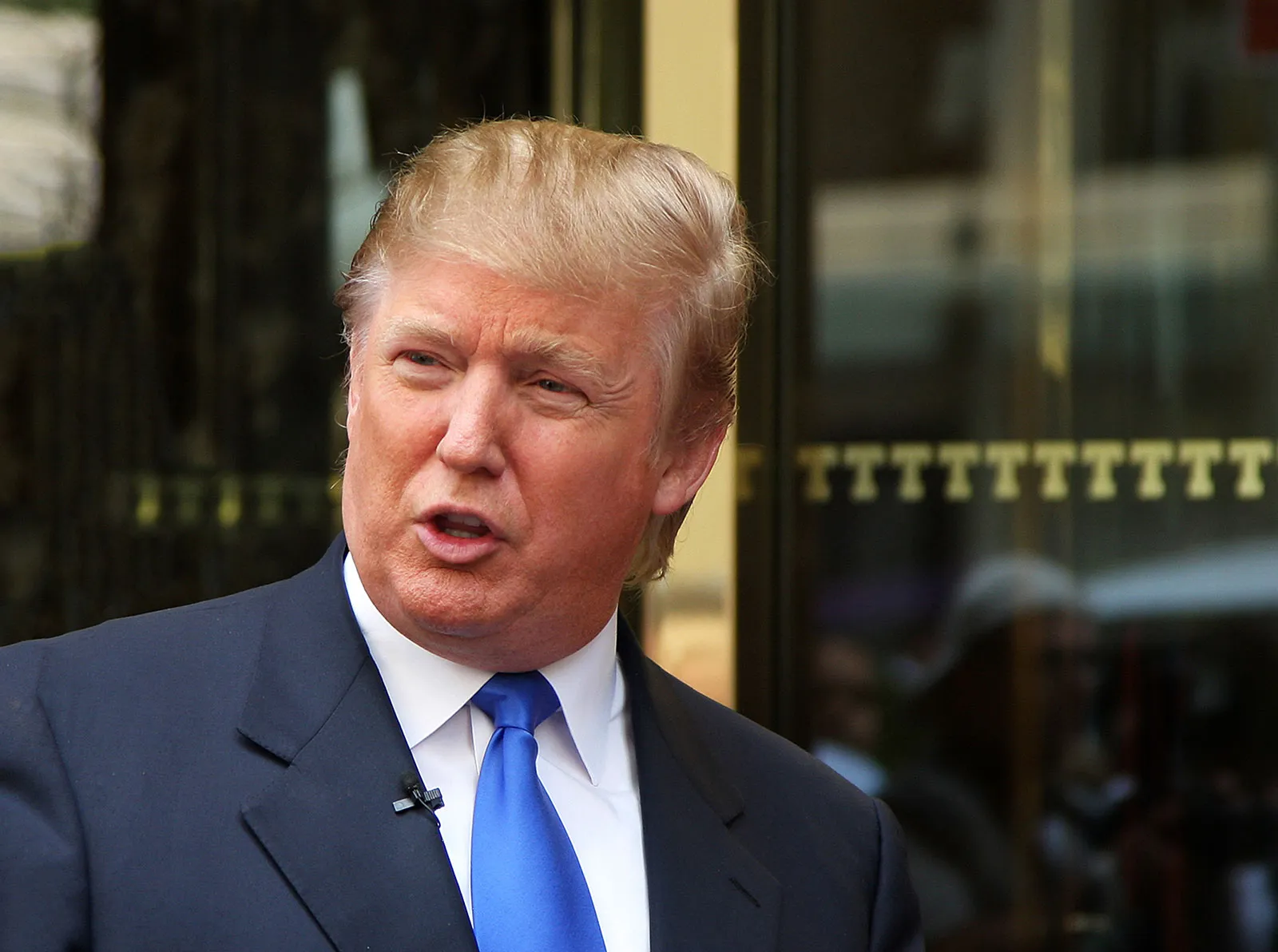President Donald Trump on Wednesday announced a comprehensive tariff strategy today, dubbing April 2 as “Liberation Day.”
The policy introduces a 10% baseline tariff on all imports, effective April 5, 2025, and imposes significantly higher tariffs on select nations deemed to engage in unfair trade practices.
The administration’s “reciprocal” tariffs target approximately 60 countries and territories, with rates tailored to each nation’s trade practices.
Notably, China faces a 34% tariff, while Vietnam and Taiwan are subjected to 46% and 32% tariffs, respectively.
ALSO READ
President Trump framed these measures as a declaration of economic independence, aiming to revitalize American industries such as steel and automotive manufacturing.
He stated that the tariffs would “rebuild our economy and prevent cheating,” positioning the initiative as a necessary step to address longstanding trade imbalances.
However, the announcement has elicited sharp criticism both domestically and internationally.
Economists and business leaders warn that the tariffs could lead to increased consumer prices and heightened inflation, potentially undermining the administration’s stated goal of lowering the cost of living.
Global reactions have been equally critical.
European Commission President Ursula von der Leyen described the 20% tariff on the European Union as a “major blow” to the world economy, cautioning that the consequences “will be dire for millions of people.”
Similarly, Canada’s Prime Minister Mark Carney vowed countermeasures to protect Canadian jobs, while China labeled the tariffs as harmful and pledged resolute counteractions.
The international community expresses concern that these tariffs could ignite a global trade war, destabilizing markets and hindering economic growth.
The European Union is preparing retaliatory measures, and Japan has termed the decision “extremely regrettable,” pressing for exemptions.
In response to these developments, U.S. Treasury Secretary Scott Bessent advised nations against retaliation, warning that such actions could lead to further escalation.
He emphasized the administration’s preference for negotiation and resolution over continued conflict.
